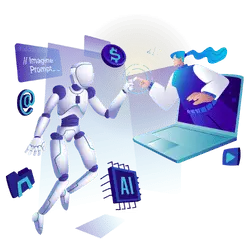Flavored vaping products are engineered to appeal to the senses with their sweet, enticing profiles, often masking the harsh chemical realities of the substances they deliver. Many users are drawn in by flavors that promise a pleasant sensory experience, but this appeal can come at a steep cost to health. One particular flavor that has gained attention is associated with the term pineapple haze blinker, which conjures images of tropical freshness. However, the reality behind such flavors is far more concerning.
The flavorings used in these vaping products are specifically designed to make the experience more palatable, especially for first-time users and younger audiences. While they may appear harmless, these additives can create an environment where the actual dangers of vaping are obscured. Inhaling vaporized chemicals, even those deemed “flavor-safe,” can lead to respiratory irritation, inflammation, and potentially long-term lung damage. Furthermore, the attractive nature of these products often encourages habitual use, which increases the risk of developing a dependency on nicotine.
It is crucial to promote awareness about the deceptive nature of these appealing flavors. Consumers must be encouraged to look past the superficial allure of pineapple haze blinker and understand that what seems like a benign sensory pleasure might hide significant health risks. By fostering informed discussions about the potential dangers, communities can work together to counteract the marketing tactics that make vaping appear harmless. The goal is to empower individuals to make healthier choices and to reject products that prioritize short-term gratification over long-term well-being.


